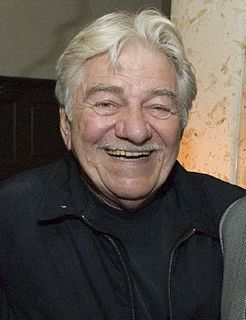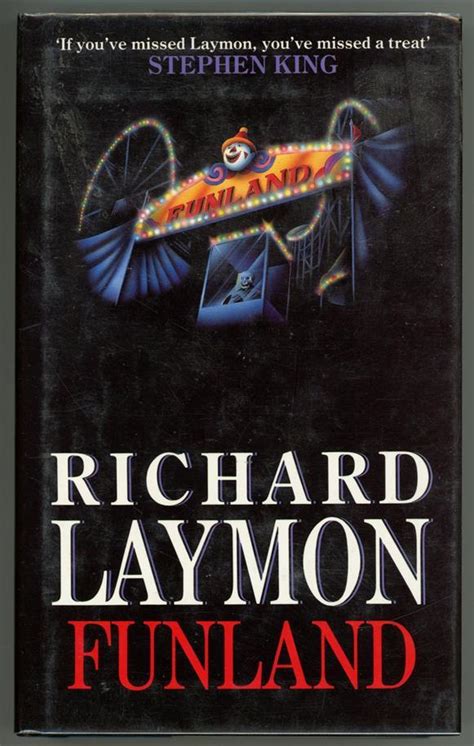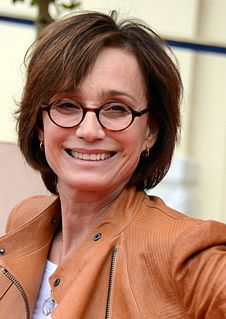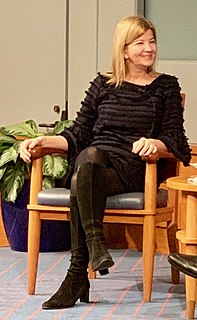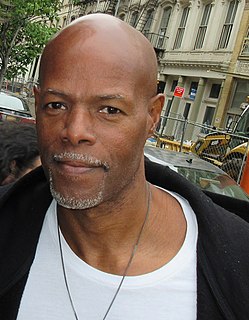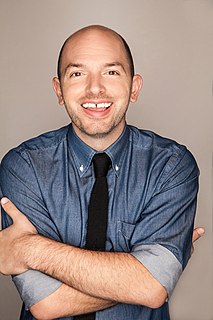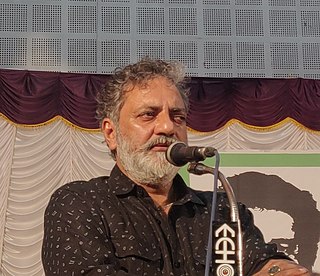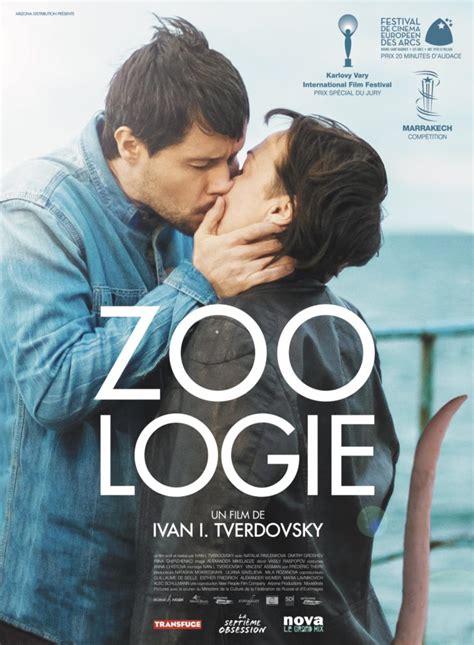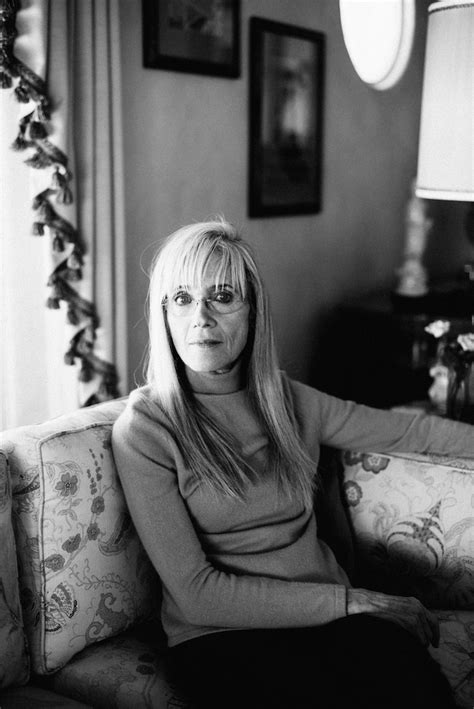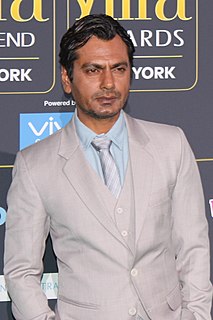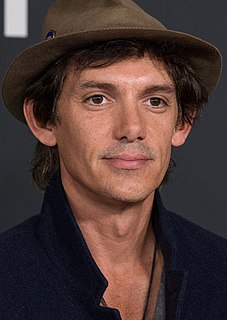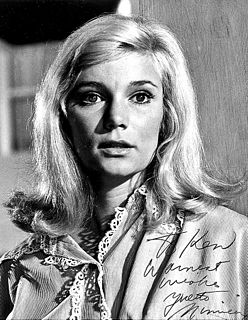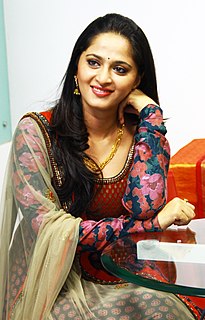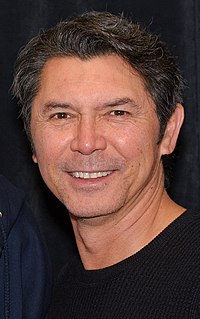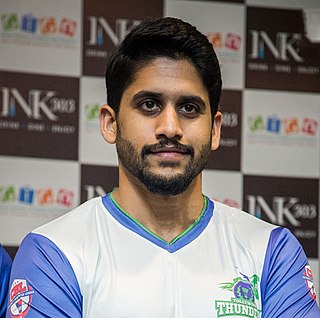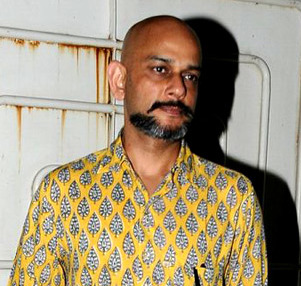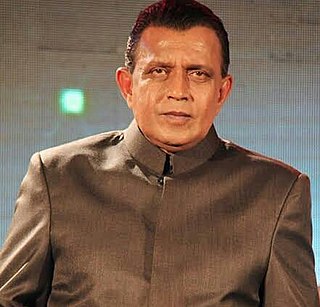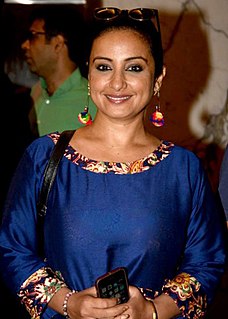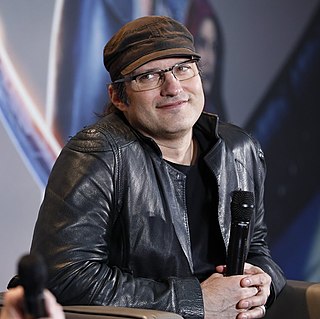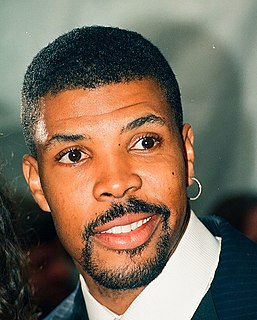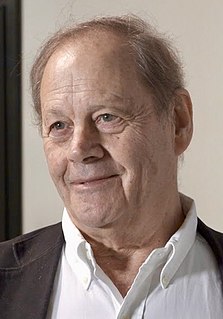Top 1200 Budget Film Quotes & Sayings
Explore popular Budget Film quotes.
Last updated on December 18, 2024.
I do like working on independent films where it is a smaller budget and less pressure. The pace is also quicker than that of a big budget film. You are shooting at a fairly fast pace. Sitting around for three or four days can be quite draining. So I guess in terms of film or television, I would say filming an independent feature.
A few of my books, over the years, have been optioned for film. The subject matter of my books, however, is not exactly conducive to Hollywood film treatment. If and when a 'big-budget' film is ever made based on one of my books, my fans and I will more than likely loathe it because it won't be true to its source. That's almost a given.
Mammootty came on board unexpectedly. 'Uncle,' which I am co-producing with Sajai Sebastian, was meant to be a low-budget film and we had almost cast another actor in the titular role. But, during the shoot of 'Puthan Panam,' I narrated the film's plot to Mammootty, who liked it and wanted to do the movie.
I naively thought I was making a low-budget movie. But, when the film came out, the Daily Variety reviewer at that time who was named Art Murphy described it as an exploitation film. I had never heard that term before. Roger never used it. So that's how I learned that I had made an exploitation film.
People talk about the difference between working on stage and working on film. I think you could say that there are as many differences between working on low budget films and working on big budget films. You really are doing the same thing, but at the same time you're doing something vastly different as well.
Um, 'Soul Food'... Another wonderful little movie that could. Here's a film that, I think our budget was maybe $6 million. We shot it in Chicago in six weeks. I was so proud of the film, because it showed America that an African-American film about family could sell, could do well, could cross over and have true meaning.
When you're battling against the minds of the studios and the money that can go into promoting larger budget films, it's very hard for a very small-budget Australian film to get a look in. You can get critically acclaimed and go to various film festivals around the world, but that doesn't necessarily mean the majority of people are going to hear about it.
When I said that something was going to cost a certain amount of money, I actually knew what I was talking about. The biggest problem that we were having on the financing front was people with lots of money saying "you need more money to make this film [Moon]," and us saying "no this is the first feature film we want to do it at a budget where we sort of prove ourselves at the starting end of making feature films; we can do this for $5 million." That is where the convincing part between me and Stuart came, we had to convince people with money that we could do it for that budget.
What naturally stops you making the film is there is no more money in the budget. That's really what it is. If you had an unlimited budget, if you were a billionaire and you financed your own movies, then you can either date, because you can sit in an editing room for six years, like Howard Hughes, and never finish anything.
